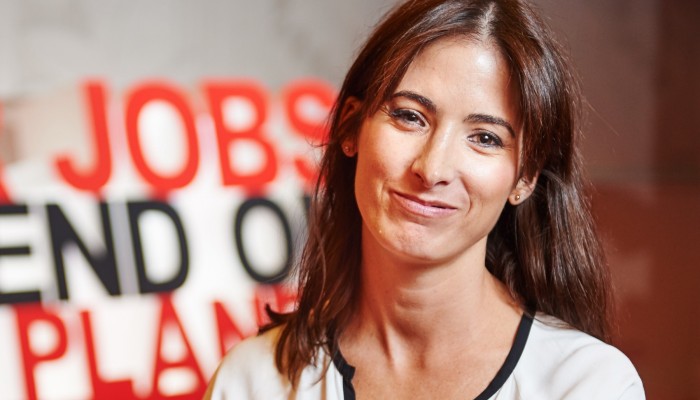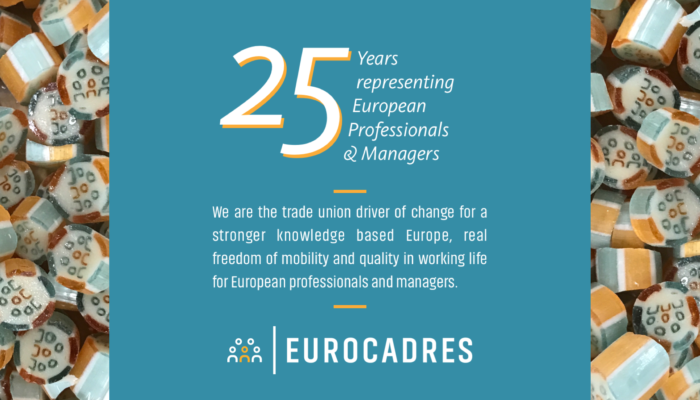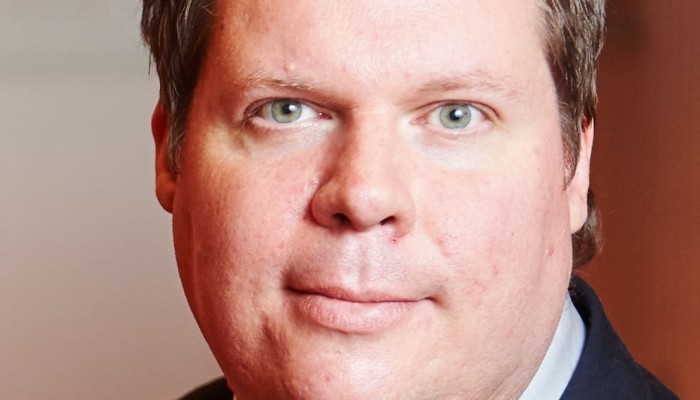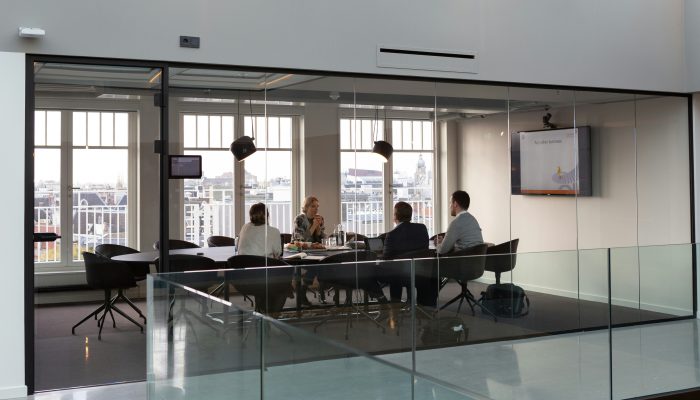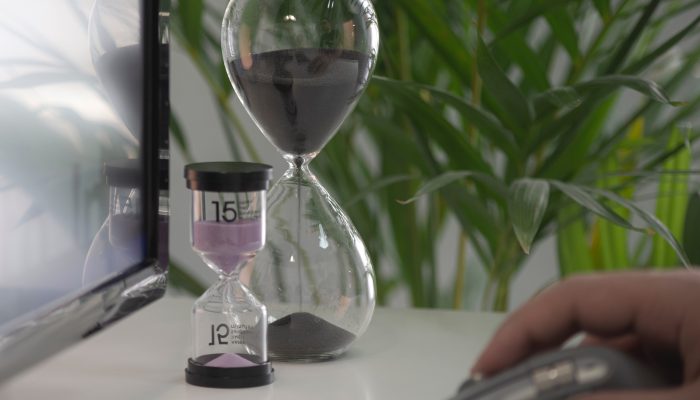Our Blog
Those who report corruption, criminal acts and breaches of public trust must be protected, writes Martin Jefflén, who calls for lowering the barriers when it comes to reporting wrongdoing in the corporate sphere.
One of the myths regarding racism is that black professionals and managers do not face the crude forms of racial insults and attacks, within the workplace. However, at the recent ETUC/ETUI workshop on racism and xenophobia in the workplace, fundamentally challenged any such perception.
For some time now, it has been noted that European women are highly-skilled, and an increasing number of women graduate with tertiary education. Still, highly-educated women find it harder to enter the labour market and are in lower-skilled jobs in comparison to men.
Inclusion, equity, employability, lifelong learning and the transformation of teaching and learning practices need to be raised higher in every country’s political agenda.
In the digital era, education and work are heavily influenced by new technologies. For education and research professionals, the complexity lies in the fact that they are often both users and creators of copyrighted material.
Balancing work and private life is not an easy task for European workers in general, let alone female professionals and managers.
La conciliación de la vida laboral, personal y familiar no resulta fácil para las profesionales y directivas. A menudo se ven obligadas a elegir entre su carrera profesional o su vida familiar.
On 24 February 1993 in Luxemburg Eurocadres was created. The European social dialogue was just being launched through the Maastricht treaty, and trade unions organising professionals and managers wanted to…
On 17 November the European Pillar of Social Rights will be proclaimed. But is it enough as a response to call from trade unions for a more Social Europe?
Innovation, technology, automatization and globalization are affecting global industries causing a significant impact on employment, redefining its nature and widening, in many cases, skills gaps.
Old corporate culture is being left behind, but only slowly. When I started my career in the corporate world, I kept hearing about the glass ceiling. At first, it seemed…
Vice-President Paula Ruiz Torres updates on the issues facing transposition. Equal pay between men and women has been a long-standing fight for trade unions. The gender pay gap is not…
L’Ugict-CGT, qui fait partie d’Eurocadres, vient de sortir son baromètre annuel sur les opinions et attentes des cadres en France en 2024. Voici les principaux enseignements que nous pouvons tirer…
As previously discussed, the Corporate Sustainability Reporting Directive (CSRD) represents a significant legislative instrument from the EU, designed to enforce corporate social responsibility under binding regulations. The Corporate Sustainability Reporting…
How a new EU file can help deliver a Just Transition
The struggle for gender equality in the workplace has been a hot topic for decades. Despite significant progress in many areas, the gender gap persists in a number of sectors, one of the most prominent being women’s access to management positions.
The regulatory framework and practices in focus.
Time management a key concern for today’s worker
A step forward to a just transition
Improvements to work-life balance secured through negotiations




